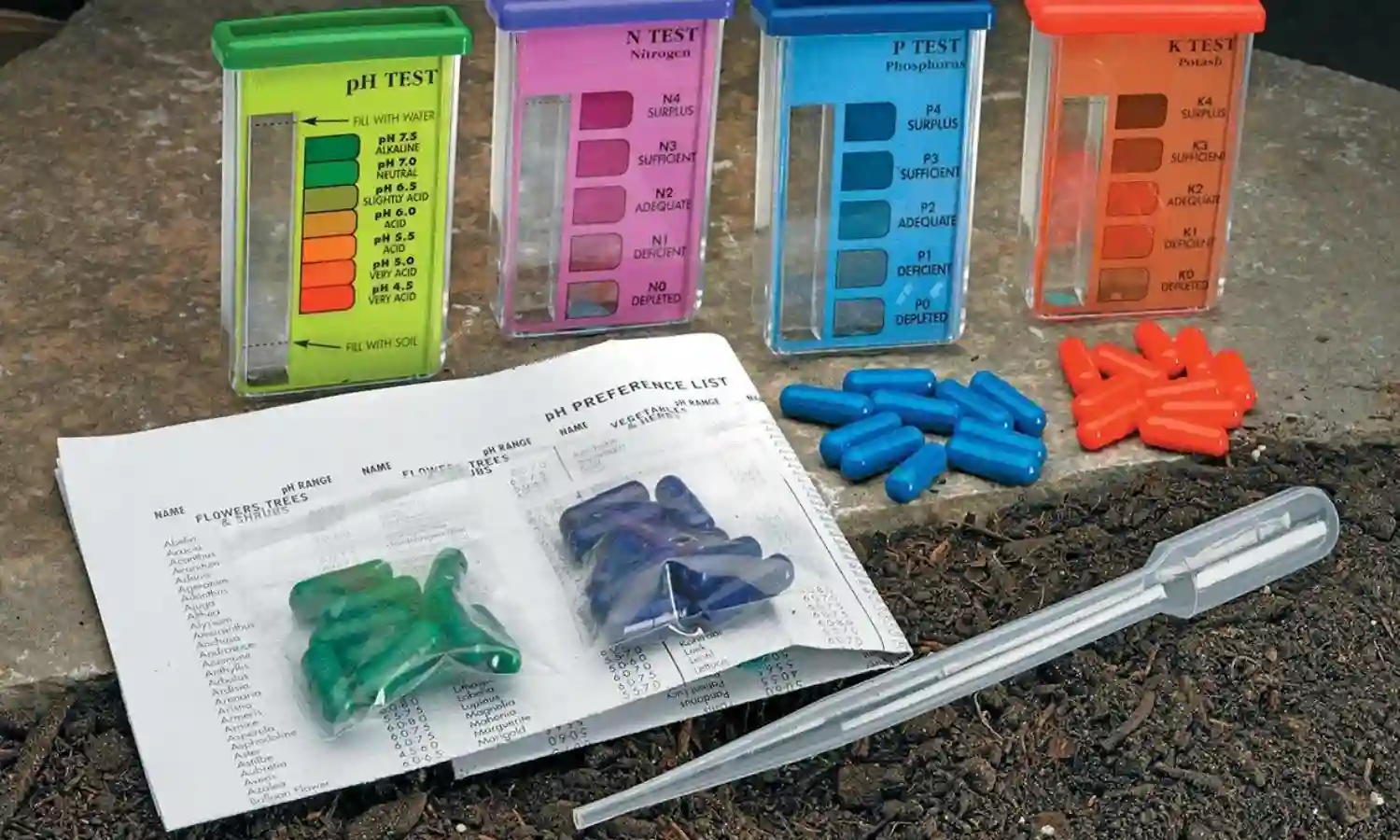Institute distributes soil test kits to farmers
... fertiliser application should never be done without proper soil testing, as soils vary in their nutrient contents, which is greatly dependent on topography, soil management practices, climate and type of cropping;

The Nigeria Institute of Soil Science (NISS) says it will distribute 1000 units of soil testing kits to farmers across the six geopolitical zones of the country for efficient fertiliser application.
Prof. Victor Chude, the Registrar of the institute disclosed this in an interview on Tuesday in Abuja.
Chude said that the measure would help manage soil resources and boost crop production and yields.
"Soil testing kit is an innovative and improved field test kit invented for soil analysis as a basis for site specific fertiliser recommendation toward achieving food security.''
According to him, the kit contains apparatus that can be used jointly to analyse soils and provide real time results to farmers.
He said that fertiliser application without proper soil testing could lead to plant nutrient imbalance, pollution of ground water, eutrophication of the surface water bodies and economic losses to the farmer.
According to him, the institute in recognition of the paramount importance of soil testing to agricultural productivity and the numerous advantages of the test kits, acquired 1000 units for distribution to farmers.
Chude said that the distribution would be done on completion of the ongoing 'train the trainer' workshop for farmers, farmers group or association and extension service agents across the country on the use of the test kit.
The registrar noted that each zone would be given no fewer than 125 unit test kits, based on the number of states.
"If we succeed in building the capacities of all farmers groups in the country on soil testing, then we have succeeded in training the grassroots.
"This is because these groups will conduct step down trainings for their members,'' he said.
The registrar identified optimum soil fertility as vital for maximum production of crops, especially farms where continuous cropping was a major practice as applicable in the country.
He however listed major challenges affecting crop production as soil compaction, erosion, acidity and nutrient decline.
"In Nigeria, cultivation is strongly limited by diminishing soil nutrients, especially NPK fertiliser and micronutrients and extreme soil acidity," he stated.
According to him, this practice will further help farmers manage soil resources and boosting crop production and yields.
"However, fertiliser application should never be done without proper soil testing, as soils vary in their nutrient contents, which is greatly dependent on topography, soil management practices, climate and type of cropping,'' the registrar explained.

